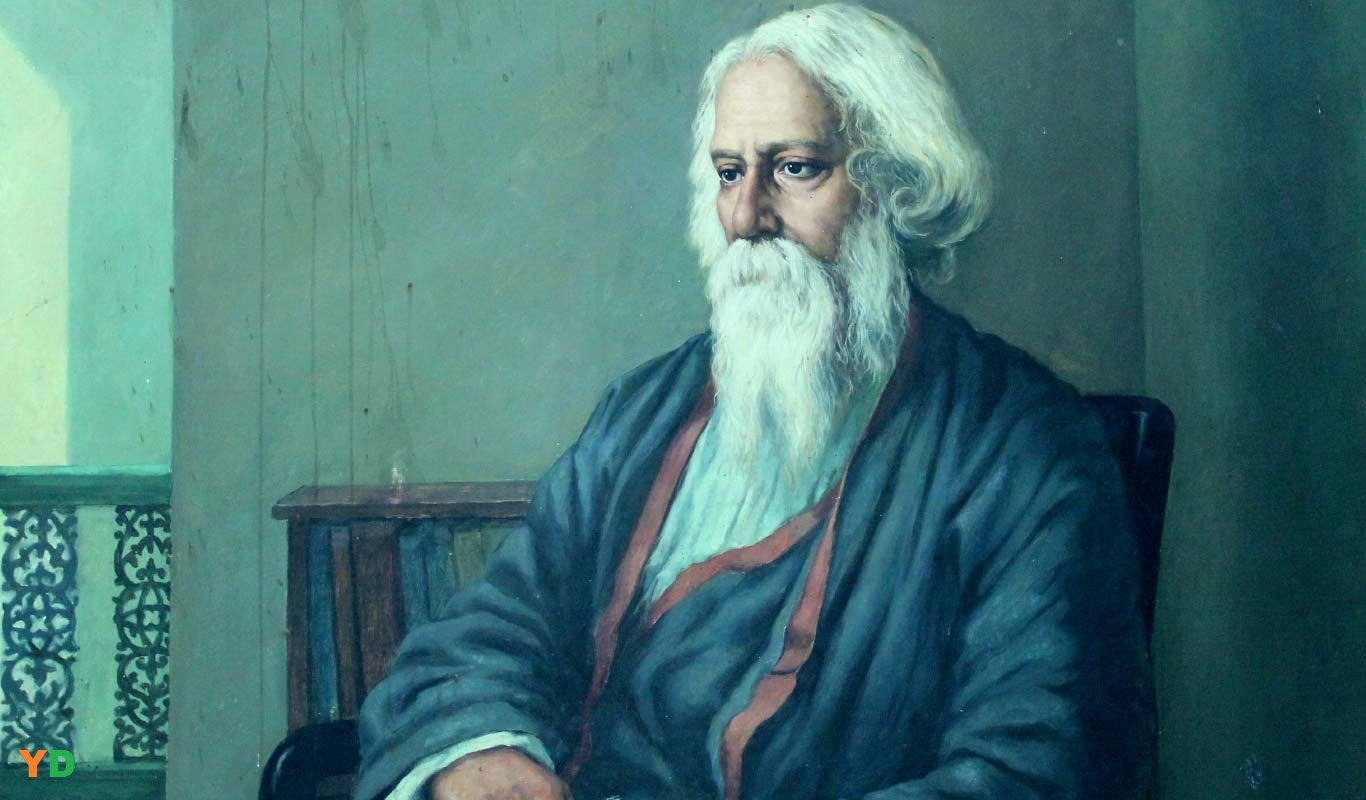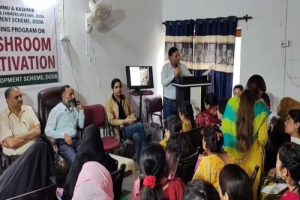Nation’s first Nobel laureate who reshaped ‘Bengali literature’ and music, ‘Rabindranath Tagore’ founded an experimental school in rural West Bengalat Shantiniketan (“Abode of Peace”), where he sought to blend the best in the Indian and Western traditions. He had early success as a writer in his native Bengal with his translations of some of his poems he became rapidly known in the West. In fact his fame attained a luminous height, taking him across continents on lecture tours and tours of friendship.
Faith is the bird that feels the light when the dawn is still dark. Rabindranath Tagore.
Years of sadness arising from the deaths of his wife and two children between 1902 and 1907 are reflected in his later poetry, which was introduced to the West in Gitanjali (Song Offerings) (1912). This book, containing Tagore’s English prose translations of religious poems from several of his Bengali verse collections, including Gitanjali(1910), was hailed by W.B. Yeats and André Gide and won him the Nobel Prize in 1913. Tagore was awarded a knighthood in 1915, but he repudiated it in 1919 as a protest against the Amritsar (Jallianwalla Bagh) Massacre.
When Rabindranath Tagore was awarded the Nobel Prize for Literature in 1913, he became the first non-European to win it. He was awarded the prize after the publication of his acclaimed collection of poems Geetanjali.
Importantly, he wrote successfully in all literary genres, he was first of all a poet. Among his fifty and odd volumes of poetry are Manasi (1890) [The Ideal One], Sonar Tari (1894) [The Golden Boat], Gitanjali (1910) [Song Offerings], Gitimalya (1914) [Wreath of Songs], and Balaka (1916) [The Flight of Cranes]. The English renderings of his poetry, which include The Gardener (1913), Fruit-Gathering (1916), and The Fugitive (1921), do not generally correspond to particular volumes in the original Bengali; and in spite of its title, Gitanjali: Song Offerings (1912), the most acclaimed of them, contains poems from other works besides its namesake.
Confusion about birthday:
Following the Bengali calendar, He was born on the 25th day of Boishakh month, in 1422. Subsequently, West Bengal celebrates Tagore’s birthday as per the Bengali calendar, which overlaps with either May 8 or May 9 on Gregorian calendar. However, in other states, Rabindranath Tagore Jayanti is observed as per the Gregorian calendar on May 7.
The highest education is that which does not merely give us information but makes our life in harmony with all existence. Rabindranath Tagore.
Despite all of this, Tagore participated in the Indian nationalist movement, though in his own non-sentimental and visionary way; and Mahatma Gandhi, the political father of modern India, was his devoted friend. Tagore was knighted by the ruling British Government in 1915, but within a few years he resigned the honour as a protest against British policies in India..
























